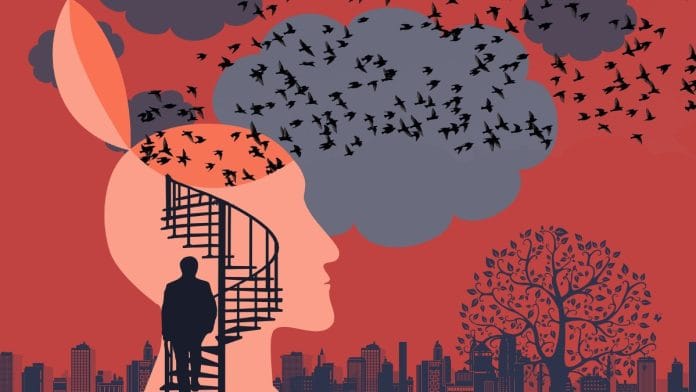Thank you dear subscribers, we are overwhelmed with your response.
A book that jolts the pragmatic self and bursts the bubble around romanticism with clinical precision; the School of Life guides our understanding in the complicated dance between Idealism and Realism.
The school of life is an exquisitely written handbook for life, which mediates an honest self-
analysis of one’s past and current experiences, asserting a non-idealistic attitude as a key
ingredient to happiness. It is written by Swiss born British philosopher Alain de Botton. Alain also founded an organisation namely “The School of Life” along with his partner Sophie Howarth. The company offers services to help people lead more fulfilling lives. They also run a Youtube Channel by the same name with subliminal content on psychology, human behavior, political philosophy and a host of related topics for generational wisdom.
Throughout the book, Alain objectively argues for realism and presents it to be the core feature to lasting contentment. He critically rebukes romanticism as a veneer that is accepted as a panacea to everything wrong, but behind which awaits us grief the scale of which could scar us for the rest of our lives.
Although the book is brazen in its expression of reality, it strongly emphasizes the value of
empathy for conflict resolution. The author convinces its reader to switch roles and put oneself in the position of the nagging wife/husband if one cares to find the answer on why humans behave the way they do. This method provides the aggrieved individual a superior vantage point to observe the issue in hand from different perspectives, which not only thwarts any impulsive reaction but counteracts as a tool for fostering understanding. Even though Alain expresses his disdain for being “too revealing” with our partners, he understands the tradeoff in- being upfront with one’s feelings about a particular issue/event, than stacking up the pile only for a much worse outburst in the future.
For individuals with a fair bit of experience in relationships, the book lends a critical yet
constructive analysis of the regrets that we still carry, knowingly or unknowingly. These events and episodes that we might imagine ourselves to “moved on from”, might still find enough significance in our lives for us to seek honest or maybe better answers on how they turned out to be.
The author provides a therapeutic diagnosis of these events encapsulated through his gripping writing. The book’s explanations for the causes of these events are remarkably simple yet so profound. They lend a warm shoulder to everyone that has experienced life’s ordeals, without discriminating between, – innocent or the guilty; aggressor or the aggrieved, for the author passionately argues that the events in our past play an instrumental role in defining us today.
Alain masterfully picks up the reader’s brain, and references to the intimate conversations that we are engaged with ourselves subconsciously but are scared to articulate in words. This makes the read feel like a therapeutic conversation with someone who has perfected the art of life, while acknowledging its imperfections.
On the other hand Alain’s case against idealism and for realism might come across for some as promotion of a philosophy of life that is guarded and thus wary of taking risks. Now whether choosing a cautionary route is a wiser option over slogging for an idealistic goal will remain an individual’s discretion. However, I believe such an approach is reprehensible for youngsters in the nascent stage of their exploration. As it might inhibit their ability to imagine out of the box and appease their state of mediocrity. Parents can play a major role in identifying the right balance between providing enough space for creative expressions to thrive while inculcating an understanding of real life consequences, in children.
Surely people past the exploratory age group can derive useful lessons from the realism
philosophy. Being through the various vagaries of life, they can thus use these lessons to
efficiently handle commonly occurring crises in relationships and steer clear through deviations that could risk their psychological stability. I think this approach has the capacity to add value to relationships as it believes in calling out and reevaluating our own understanding of the things thus reducing the possibility of ill-thought actions.
In conclusion I believe, romanticism has a boon and a bane duality to it. Idealists have often used their own degeneracy to run over the rights of other people in the maddening pursuit for their goal. But it is also true that the same people who have pushed against the tide and fought till all hopes vanished, have created wonders we are witnessing now. And if we lose that, we will miss
the thrill.
These pieces are being published as they have been received – they have not been edited/fact-checked by ThePrint.


